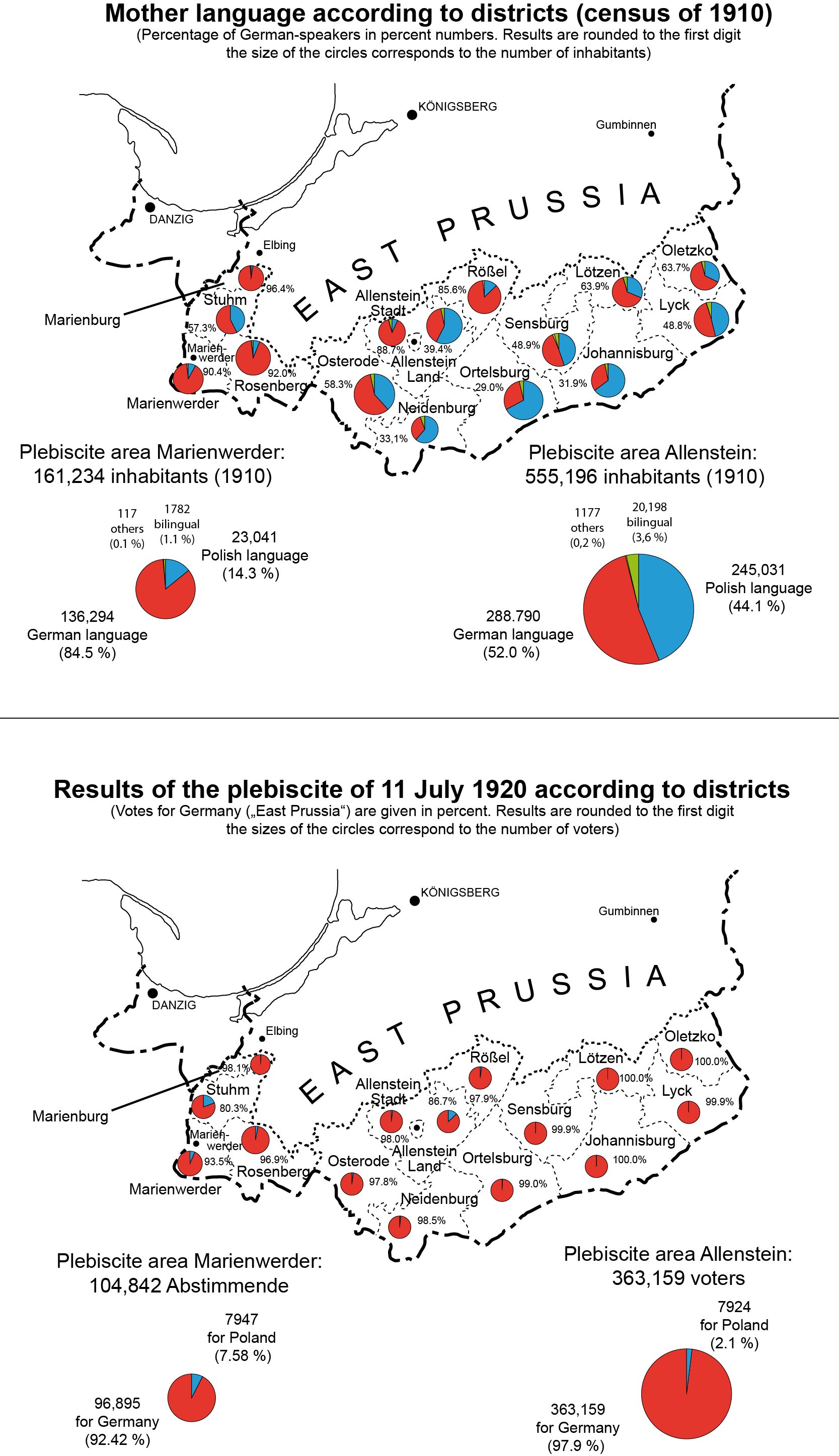- In March 1824, the situation is such that Thomas Clayton is president and John C. Calhoun is vice president. Given the personalities involved the two men would absolutely despise each other, the rivalry quickly becoming public thanks to Calhoun's fire-breathing. What's interesting is that since the role of the vice-president is very vaguely defined in the constitution, Calhoun is free to try and carve out a power-base for himself in the Senate; in this timeline, the office of Vice-President is significantly more influential in the Senate (but I'm not sure how much)
- Re: Corrupt Bargain - I'm not sure that Clay becomes Secretary of State ITTL, as that seems to have been part of Adams' attempt to reconcile with his enemies. However, he definitely has allies in the Cabinet and wields immense influence, as he and his bloc are the only support that Clayton has in an overwhelmingly hostile Congress. I'd imagine Clay and Clayton would get along fairly well as they have a roughly similar ideology and I don't see any personality conflict
- Re: Domestic policy - Clayton is immensely unpopular throughout the South, seen as a creature of New England aristocrats. Also troubling is his ex-running mate, Rufus King, who was an ardent abolitionist; the South thus sees Clayton as a crypto-abolitionist come to create a dictatorship and thus is highly suspicious, worsened by Calhoun's antics. Many of the American System projects still go through, having been proposed under Monroe and backed by Clay; the National Road is pushed over the Appalachians and many of the 'minor' Mid-Atlantic canals are still built. The New Orleans Turnpike, a proposal for a federal road from Washington to New Orleans, however, turns into a partisan flashpoint and dies in the Senate. The completion of the Erie Canal in 1825 and the subsequent economic boom is lauded as proof of the merits of Federalist policy. There's also some minor things--the Naval Academy is built a decade early, in Philadelphia AIOTL, and federally regulated weights-and-measures system is tucked underneath the Postmaster General, which is also moved to the cabinet.
In terms of tariffs, the Tariff of Abominations likely doesn't come to pass, just because the unique circumstances that led to it aren't present. There's probably some tariff passed, it's likely to be a half-baked mess that pleases nobody and angers everybody. Impact - on the one hand, there's no rallying cry for opposition, but on the other hand the Northerners are pissed because they're not getting what they want.
Re: Foreign Policy - In short, expanding American influence and trading ties overseas, especially at British expense. Increased support for the American Colonization Society at Clay's behest. The Amphyctonic Congress turns into a pissing match between Clayton and Calhoun over whether or not to send an expedition, ending in Clayton unilaterally sending a delegation to Panama over the Senate's head. This sparks massive anger and overshadows the diplomatic and economic gains of the Congress itself.
(I'm getting a bit too verbose)
- Re: Political parties - After 1824, Jackson is pissed, Crawford is pissed, Calhoun is pissed, everybody except Clayton and Clay are pissed. The election pushes Calhoun closer to states' rights as it did IOTL, but Van Buren isn't alienated by Crawford and so remains his left-hand man in New York. After the spectacle of 1824, I doubt that Crawford would be remotely popular and so would slink off back to Georgia more or less as he did IOTL, leaving the two poles of opposition as Calhoun-Van Buren and Jackson. They eventually reconcile to each other (Jackson's feelings on Calhoun were indifferent at this point) to present a united front. I assume they would still be the Democrats, campaigning on a platform of populism, limited government and low tariffs. The 1826 midterms sees this newly-forged alliance make significant gains, dominating the Senate but not the House. The ticket in 1828 is most likely Jackson-Calhoun, as they are the two most outspoken (and popular) leaders.
In opposition, the Clay-Clayton block also consolidates into a proper party (but in reaction--Van Buren seems to have been the driving force behind the creation of parties, so the Democrats formed before the F-Rs), the Federal Republicans or Neo-Federalists. The Neo-Fed platform is one of infrastructure, strong government, high tariffs and carefully dodging questions about expanding the franchise.
- Re: Election of 1828
Closer than it should be. The Democrats have the South and West (except Louisiana) while the Neo-Federalists have New England and the Mid-Atlantic. The swing vote is NY, PA, OH and IN, who have large bases supporting both parties--the Democrats on principle and the Neo-Federalists out of support for infrastructure and the federal money it brings. PA is less Democratic than IOTL because of no Tariff of Abominations, effectively becoming a swing state. Ultimately, PA and OH go for the Neo-Federalists but Jackson still wins a clear, if close, popular and electoral victory.


